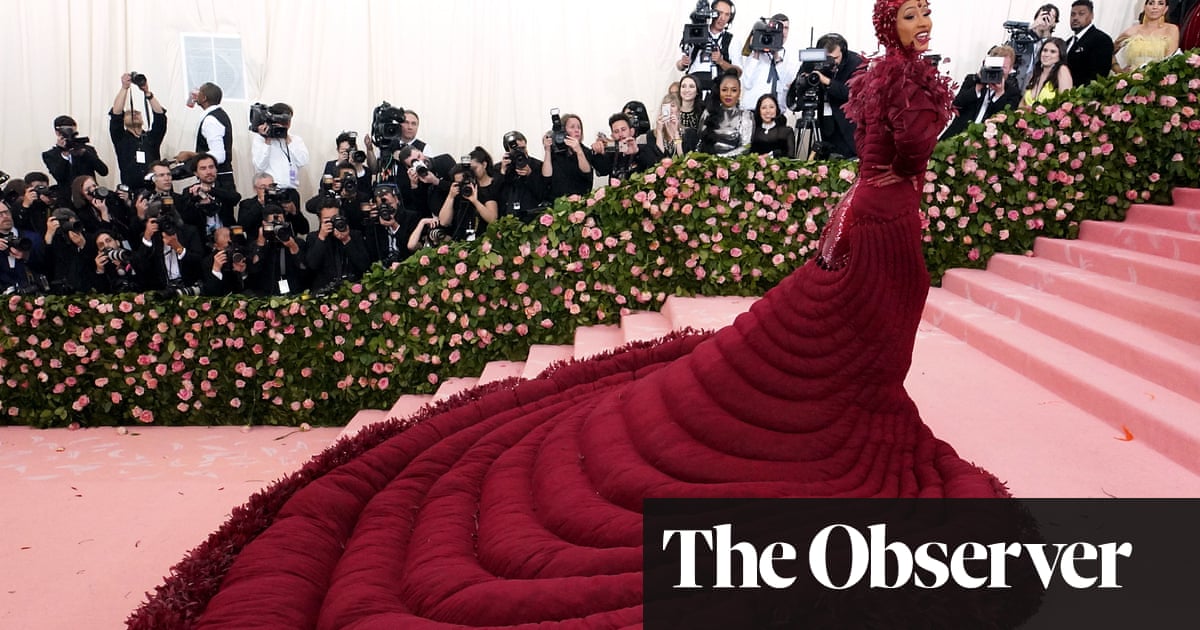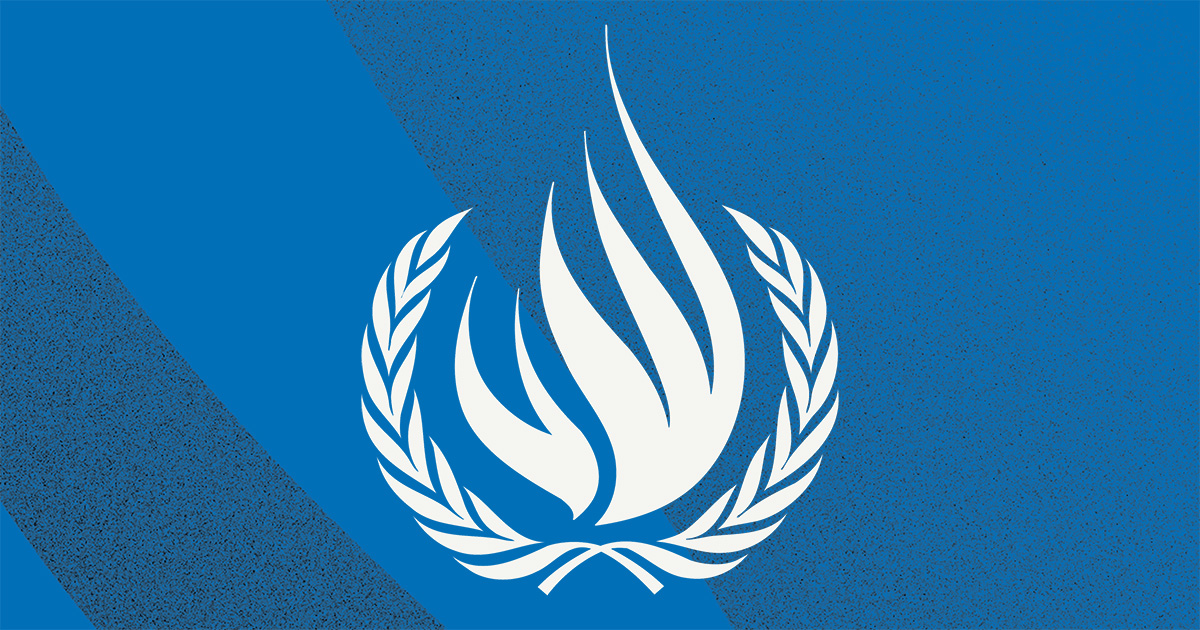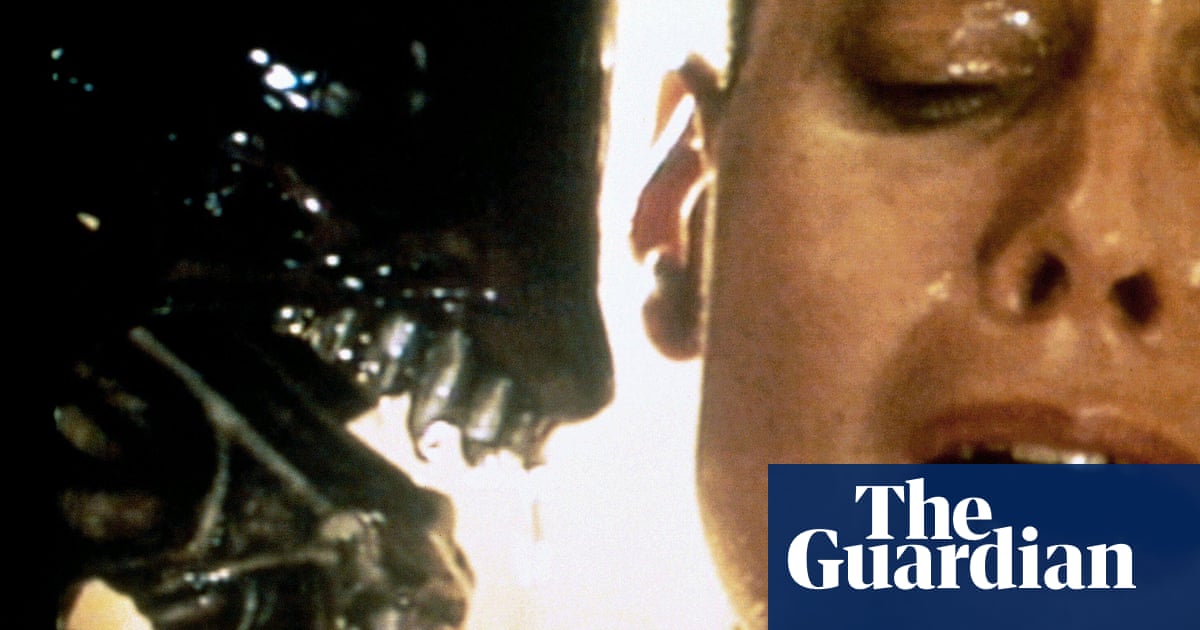
n 2011, the Canadian author and oral historian Craig Taylor published Londoners, a series of verbatim interviews with citizens from all walks of life for a book whose aim was to build a kaleidoscopic portrait of the city. Now, nearly a decade on, he has visited New York and taken the same approach. But its residents live in a more fearful age, in the shadow of Trump, BLM protests and a global pandemic. Taylor wrote the book between 2014 and 2020, and even in these six years the city changed significantly. The world depicted here can be a harsh and bleak one, but not without humanity and wit, which Taylor captures superbly.
Armed with 71 notebooks and 400 hours’ worth of taped interviews, the author tries to make sense of a confusing and bewitching metropolis. His first thought, as he prepares to leave his apartment, is that he should “get ready to enter the oceanic power”: one of this fine book’s many pleasures is the way in which its overlapping prose aptly complements the adrenaline rush of the city’s frantic daily ballet. Taylor calls the people of New York “the greatest ongoing flicker of human life I’d ever encountered”, and cites the photographer Gus Powell, whose work embraces “the quotidian poetry” of the city, as well as the spirit of life there. As Powell says: “It is an incredibly generous place… this is why you can get things done here.” Taylor’s own experience of volunteering at a lunch programme in the Flatiron District gives him a first-hand insight into the city’s gruff good nature, especially in his affectingly evoked friendship with Joe, a homeless but indomitable Vietnam veteran.
Yet amid generosity and compassion, there is also selfishness and near-sociopathic eccentricity. As one female PA puts it, the city’s residents “can have a fucking meltdown in a way that would not be tolerated in any other place on the planet”.
Over the course of sections entitled Nonstop Hustle, Crime and Punishment and Winning and Losing, Taylor encounters everyone from bankers with “a little too much time, a little too much money, a little too much ego”, who weep at cutting themselves shaving and thereby ruining a $100 dollar tie, to those scraping by at the bottom of society, and sometimes not even that. There are Dickensian characters, such as a Brooklyn lice consultant whose job is directly linked to how busy the city is, who tries “to make a good experience out of a lousy one” and a flamboyant personal injury lawyer straight out of Better Call Saul who takes a special interest in where the cracked pavements are, so that his clients can take full advantage of falling over them.
The subjects are loquacious and often richly self-aware, leading to some memorable, blackly comic vignettes. A protester screams at police “Don’t touch me, this is Dior!” before fretting that she is losing her leftist credibility, while a Wall Street HR executive notes that she was briefly unpopular because one man she fired was supposed to be the company Santa Claus at the Christmas party. As another interviewee sagely puts it: “New York City can be divided into those people who piss in their elevators and those who don’t.”
New York is a place that both rewards and punishes its residents, sometimes apparently arbitrarily. Antwon Shavers is an optimistic would be-singer from Arkansas who hopes to be bound for a Broadway career. However, when Taylor meets him later, in the last section, Getting Out, Shavers has been tackling loneliness and homesickness, and his dreams of performing remain just that. Yet he still retains his optimism: “I feel like I’m in a movie… it’s going to be a happy ending.”
The city is full of immigrants. A longstanding adage is that there is no such thing as a native New Yorker, only an adopted one. But Taylor is keenly aware of the way in which the original hospitable melting pot is changing. As one subject notes wryly, the city’s much-heralded welcome towards immigrants is being strained: “bring us your tired, your poor, your huddled masses yearning to breathe free” has been turned into “last one in, shut the door”.
New Yorkers by Craig Taylor is published by John Murray Press (£25). To support the Guardian order your copy at guardianbookshop.com. Delivery charges may apply












